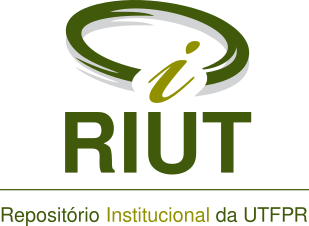Education for sustainable development: the US-Brazil sustainability consortium experience
Resumo
Sustainable development (SD) integrates development with contextual systems (environmental, social, and economic) and with the elements and dynamics that characterize these systems. SD depends on an education for sustainability (EFS) that includes a focus on sustainable development that promotes successful systems management, and that pursues responsible planning and design of system elements (cities, buildings, and landscapes) in ways that sustain a positive ecobalance. This paper reviews an EFS initiative and partnering framework -- The US-Brazil Sustainability Consortium (USBSC) – that integrates local and global knowledge to understand place-based systems, resource flows, and ecobalance. The USBSC is a student mobility consortium funded by the US and Brazilian departments of education. It promotes the international exchange of students in architecture, engineering and civil building, landscape architecture, urban planning, and natural resources and environmental management. It educates these students about the triple bottom line (TBL) of sustainability – environmental responsibility, social justice and economic vitality.
Texto completo:
PDFDOI: 10.3895/rts.v5n8.2533
Apontamentos
- Não há apontamentos.
Direitos autorais 2009 CC-BY

Esta obra está licenciada sob uma licença Creative Commons Atribuição 4.0 Internacional.





